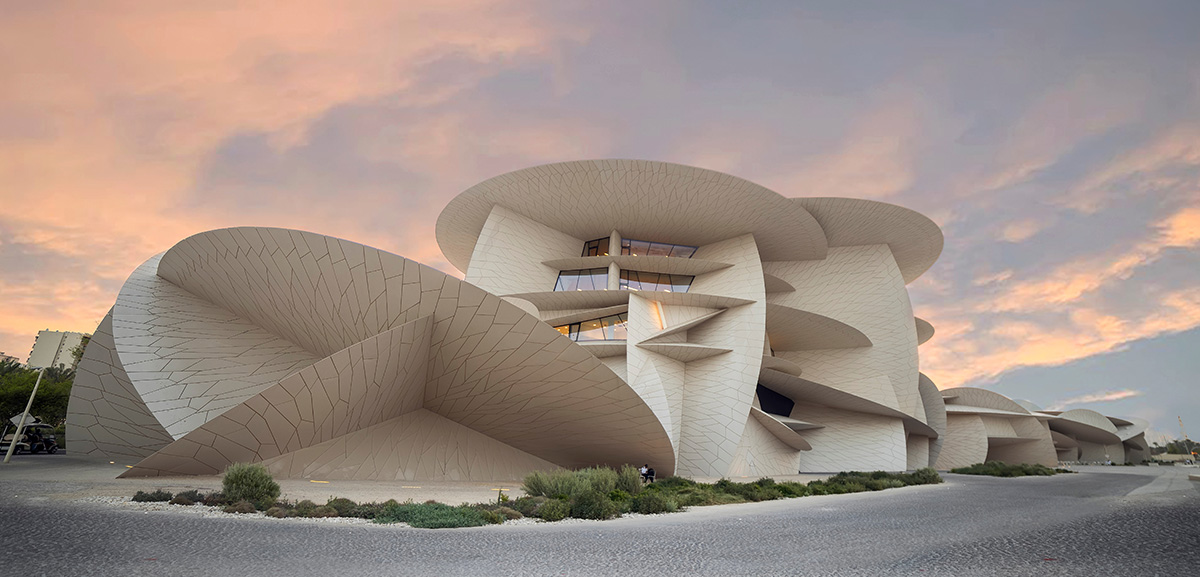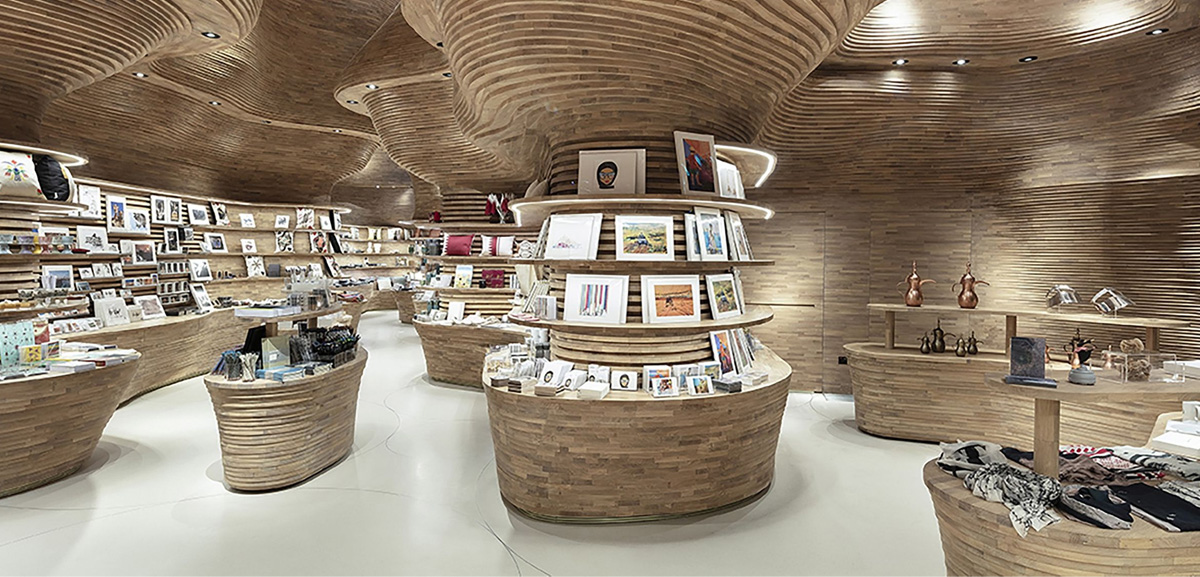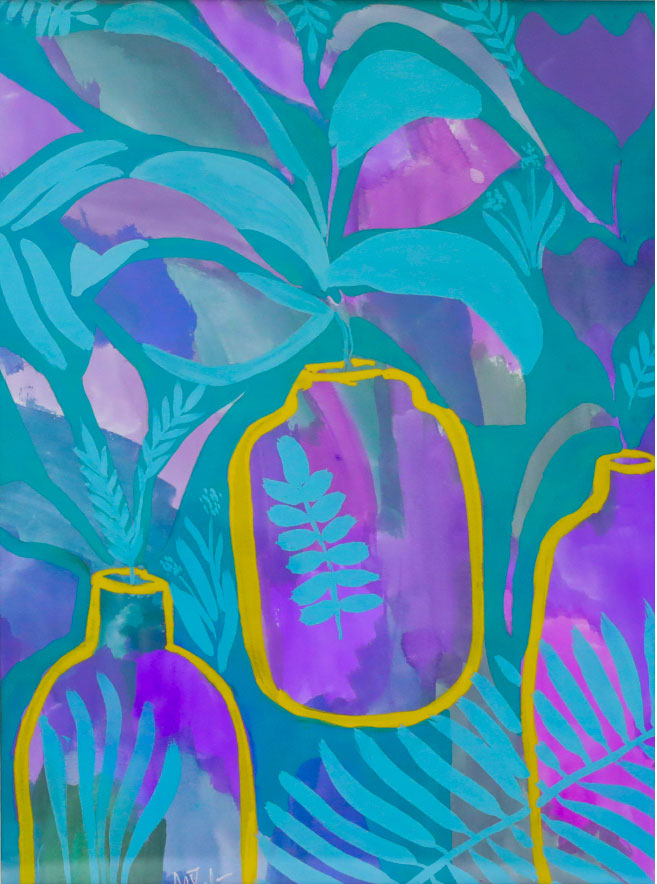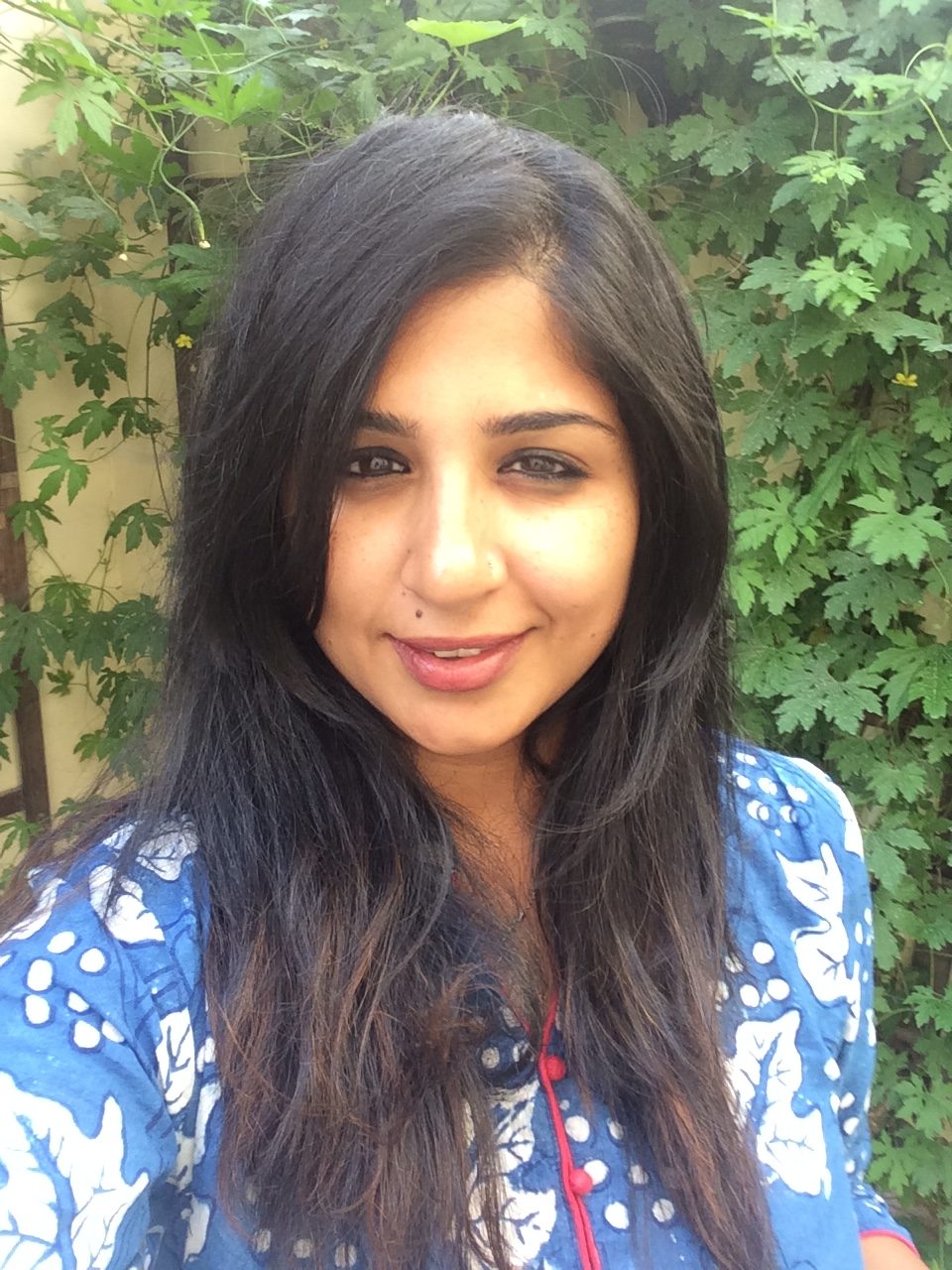Steering Committee for QSAP convenes in Qatar to monitor activity and shape future direction of the programme
Senior officials from Qatar Museums (QM) today welcomed their counterparts from Sudan for a series of meetings to review the continued progress and success of the Qatar-Sudan Archaeological Project (QSAP).
Mansoor bin Ebrahim Al Mahmoud, Chief Executive Officer of QM and Special Advisor to the Chairperson, Her Excellency Sheikha Al Mayassa bint Hamad bin Khalifa Al Thani, led a group of senior colleagues in welcoming to Qatar His Excellency Dr. Mohamed Abu Zaid Mustafa, Minister of Tourism, Antiquities and Wildlife. He will be joined by senior representatives from the National Corporation for Antiquities and Museums (NCAM).
Together, high-ranking members of the Sudanese government and representatives from QM and NCAM make up the Steering Committee of QSAP – a body with responsibility for the strategic direction of the programme, along with the assessment and monitoring of operational performance, governance and overseeing the necessary processes to deliver the programme’s objectives. In the coming days, members the Steering Committee will undertake a series of meetings to review activity to date and chart the next phase in the programme’s development.
The visit is emblematic of the strong and constructive dialogue and collaboration between QM and its counterparts at NCAM. It reflects the strength and depth of the ties that exist between Qatar and Sudan which have characterised the programme since it launched in 2012.
QSAP is a large-scale programme that aims to investigate, preserve and promote Sudan’s remarkable heritage and history. It represents a bold and transformative approach to heritage resource management for Sudanese Nubia designed to consolidate and preserve ancient sites by supporting archaeological surveys of unexplored landscapes and the excavation and conservation of these sites.
In effect, the programme acts as a catalyst that brings together fragmented expertise in the heritage sector in Sudan into a cohesive and sustained effort for the benefit of the country’s history. It focuses on providing sustained support to create, grow and implement regional strategies of heritage management and actively includes communities that live near archaeological sites and which stand to benefit economically from thriving cultural tourism.
QM provides funding through QSAP to currently 42 missions from 25 institutions and 12 countries involved in the excavation and conservation of heritage sites that date from the prehistoric era until the pre-modern period. One of the key features of the programme is that this funding enables longer, more scientifically focused excavation and post-excavation research. It allows for recruiting additional experts, using innovative and cutting-edge technologies, including 3D modelling, photography and sophisticated anthropological survey. It also enables to initiate necessary measures for site management and lead educational initiatives.
Under the QSAP umbrella more broadly, the State of Qatar, represented by QM, has provided to date more than $50 million in financial support for the archaeological missions working in Sudan since 2012. This unprecedented investment has enabled dramatic change in the way research, preservation and education are carried out around Sudan’s historical landmarks.
All these activities are supported by the dissemination of research results, the digitisation and cataloguing of archival documents that have not previously been accessible to researchers in Sudan and universities abroad, and the presentation of information to the general public, including university students, and to build local capacity in Sudan.
Commenting on the visit and Steering Committee meetings, Mansoor bin Ebrahim Al Mahmoud, Chief Executive Officer of Qatar Museums and Special Advisor to the Chairperson, Her Excellency Sheikha Al Mayassa bint Hamad bin Khalifa Al Thani, said: “It is a pleasure to welcome our esteemed colleagues from Sudan to join us in reviewing the considerable progress achieved by QSAP to date. Qatar Museums is a natural partner for such an ambitious and large-scale programme given the robust strength of our cultural heritage sector and the expertise and experience that we have developed over the years. Though we have much to celebrate in terms of all that has been achieved, together we are clearly focused on going further and faster in delivering this vital work to preserve and protect sites of such cultural and historic significance.”






Leave A Comment
You must be logged in to post a comment.